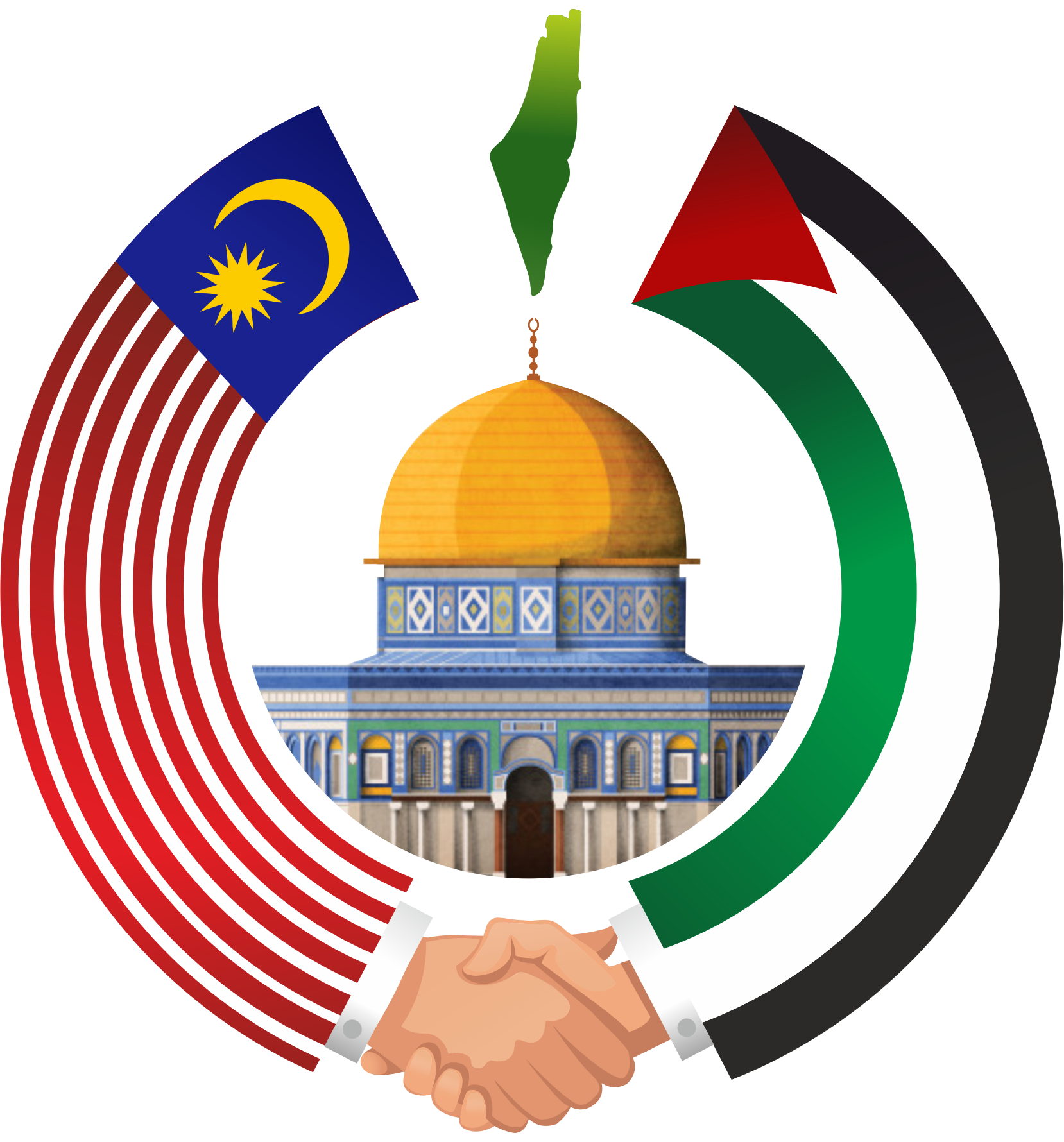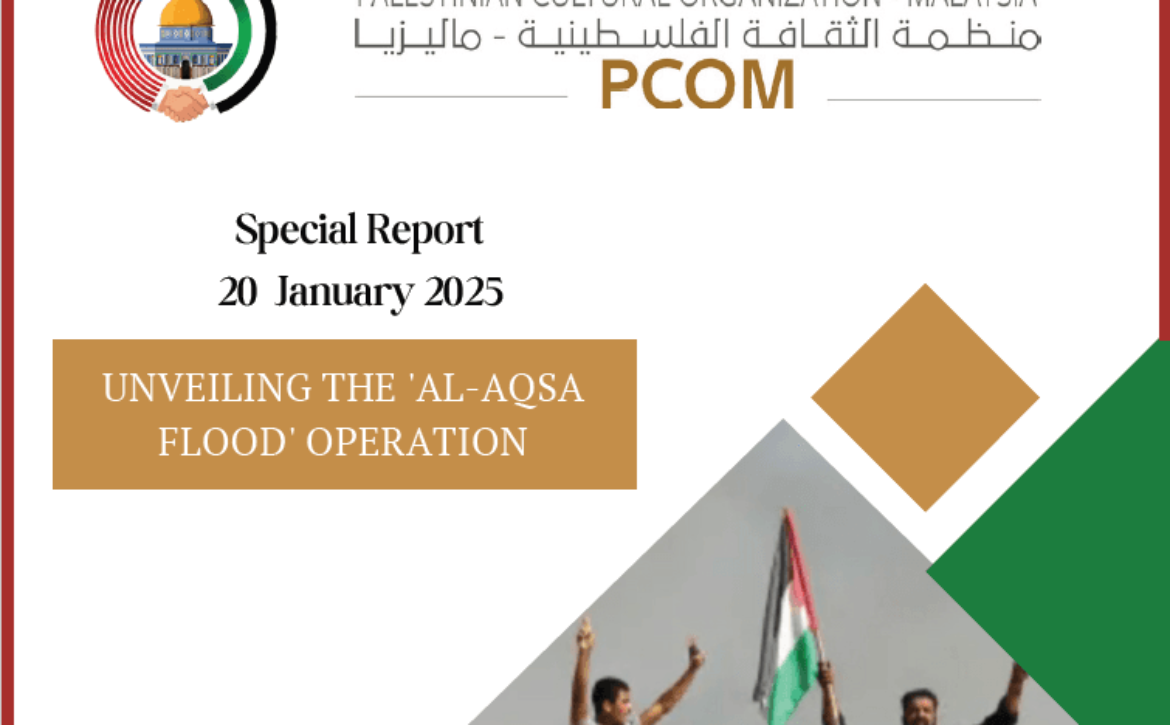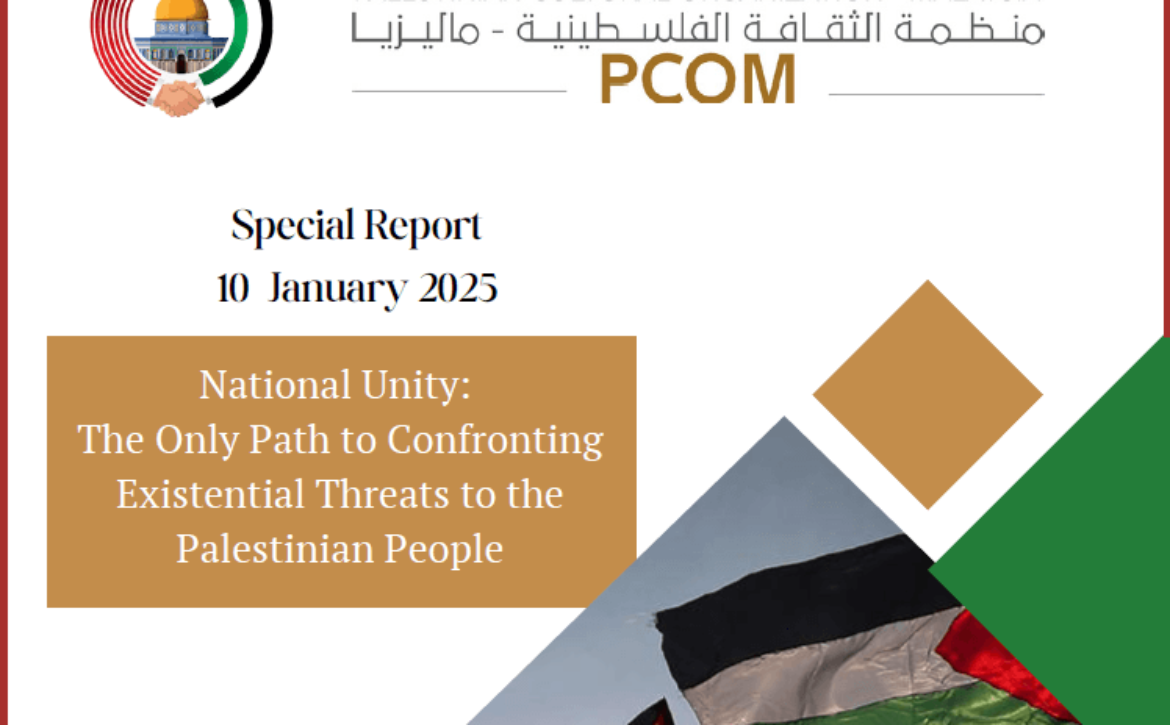Unveiling the ‘Al-Aqsa Flood’ Operation
Why Did the Resistance Launch the “Al-Aqsa Flood” Operation?
Why did the resistance initiate the surprise attack on settlements in the “Gaza Envelope” and their military bases? Why did it shift from merely responding to Israeli aggression—bombing the Strip, killing civilians, and destroying buildings—to taking the offensive? What has changed this time?
To understand this shift, we must reflect on the evolution of the resistance and its progression to a more advanced position. These questions, however, are posed not only out of a genuine desire for understanding but also by some with skepticism and doubt—especially those who have succumbed to despair and are bewildered by this bold initiative. These individuals, accustomed to seeing the oppressed humiliated, often amplify their doubts as the battle drags on and the cost in blood rises.
That said, questioning the strategy of the resistance is legitimate, as long as it stems from a supportive stance. However, when such questions are spread by the “defeatists” in society, they become a tool for undermining morale. These voices ask: What is the point of armed incursions into settlements if Gaza is subsequently leveled to the ground? Their question carries an implicit answer: that resistance is futile.
The resistance’s initiative has its own logic. At its core, it remains defensive—defending our existence, which is under direct threat. A closer look at Gaza in the days leading up to the operation reveals a life devoid of dignity. This was a defensive attack to protect over two million people in a besieged Strip barely 360 square kilometers in size, under blockade for more than 16 years. It was a defense of over 14 million Palestinians in the homeland and diaspora who dream of a free and secure homeland, and a defense of more than two billion Arabs and Muslims denied control over their own destiny.
It is worth reiterating a fundamental truth: the absolute legitimacy of resistance to repel harm and uproot occupation. It is unjust to question the oppressed for defending themselves while the occupier is not held accountable for its daily aggression against Palestinians and their holy sites.
Despite this legitimacy, such questions arise in a political climate marked by the erosion of liberation movements, the sidelining of refugees from political discourse, the wasted lives of youth behind walls of despair and neglect, and the temporal division and frequent desecration of Al-Aqsa Mosque. Settlement expansion in the West Bank has effectively become a fully-fledged state. This bleak reality has allowed projects like the “Deal of the Century” and hollow discussions such as the “two-state solution” to take root in people’s minds. Against this backdrop, the October offensive emerged as a beacon of hope. Resistance, like a candle in the dark, illuminates the path forward, making the vision clearer.
In Gaza, specifically, Israel sought to corner the resistance into a narrow fight for basic living needs—permits, goods, foreign aid, electricity, and water. While crucial issues, Israel weaponized them to transform resistance from a tool of liberation into one for “economic improvement,” confining its scope to a few kilometers rather than uniting fragmented geographies.
The resistance’s decision to launch this operation was an attempt to break free from this narrow framework, as was evident during the “Sword of Jerusalem” battle. Today’s operation builds on that precedent. The resistance has not ignored people’s suffering but has used it as a catalyst to expand the political horizon that Israel has sought to constrict for years. The ultimate goal: liberating Al-Aqsa. This is the resistance’s response to calls for “improving conditions”—shifting from lifting the siege to liberating the nation.
The “Sword of Jerusalem” marked a qualitative shift in the rules of engagement. However, the gains made were soon undermined by the dire state of the nation, leaving doubts about our ability to sustain and build on achievements. Meanwhile, Al-Aqsa endured increased incursions, killings and settlements intensified in the West Bank, the siege on Gaza tightened, and individual resistance factions were isolated and targeted. Just when despair seemed to take hold, the “Al-Aqsa Flood” operation emerged—a declaration from Gaza’s fighters to awaken the nation: Liberation is possible.
This operation shattered the myth of Israel’s invincibility, a myth that had long sustained its expansion and domination. After every assassination or mass arrest in the West Bank, we would resign ourselves to the belief that a particular resistance unit was finished. After every individual operation, we assumed the perpetrator would eventually be captured or killed. With each attack and “blowing of the shofar” in Al-Aqsa, we felt we were losing ground. News of Israel controlling every calorie entering Gaza made us view it as an all-encompassing “monster.”
This is how Israel stifled us—by expanding and entrenching its control, building settlements with each crushed dream. Until “Al-Aqsa Flood” came.
Why did we go to battle? For all of this. For every drop of blood shed by martyrs. For the countless dreams buried under the soil or confined behind prison bars. For the deprivation of basic rights—water, electricity, and healthcare. For the impoverished and unemployed. For the woman unable to buy castor oil because it’s deemed a “dual-use” item. For every land stolen before its owner’s helpless eyes. For Al-Aqsa, whose protection is our inherited responsibility. For all the severed connections. All of this—to revive the agenda of liberating Palestine from the river to the sea.
A Lesson in Willpower: Defeating Israel is Possible
The most important takeaway from this operation is the realization that Israel can be defeated. Its foundation—deterrence, fear, dominance, and serving as the region’s enforcer for the U.S.—has been shattered. The moment fighters breached the fortified barrier, they dismantled the very idea of Israel. For hours and days, they liberated occupied lands, but more importantly, they liberated our minds forever.
They captured soldiers, officers, and settlers who will be exchanged for our prisoners. But before that, they freed us from the belief that Israel is indestructible—logically or practically. This “monster” is repeatedly proven to be a mere “illusion of dust,” as one escapee from the Gilboa Tunnel put it.
The operation didn’t end Israel, nor is it fair to expect it to. But it ended the idea of Israel’s invincibility. This does not mean Israel is weak—it remains formidable in military, technological, and economic terms. However, the operation proved that fighting the strong is possible, and with the right conditions, their arrogance can be defeated.
Israel has often won through technology and military might, but its greatest victory has been psychological—instilling fear. This is what the operation broke, and it’s half the battle.
This small but resolute group of fighters carried the burden of the entire Arab and Islamic nation. They demonstrated an irrefutable truth: work driven by willpower builds the path to liberation—not only from the injustices inflicted upon this nation but also from its colonial chains.
Liberating Palestine is no longer a distant dream. This truth, despite its simplicity, was long obscured. Critics of resistance tampered with what little hope remained.
Israel blinded us to our victories. Since the Second Intifada, through various escalations and wars on Gaza, Israel has failed to achieve its objectives while the resistance advanced, often unnoticed.
As Arab and Muslim states normalized relations with Israel, the resistance fighters moved closer to the ultimate dream. Each carried the Qur’an in his heart, reciting its verses of struggle, knowing their personal liberation lay in solving the larger cause. They marched, ascended, and reached their destined place—beyond the barrier.




